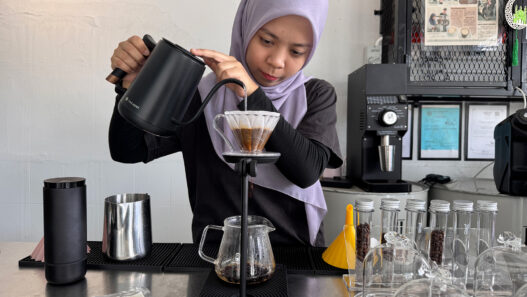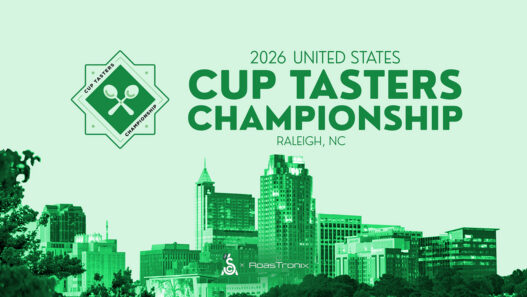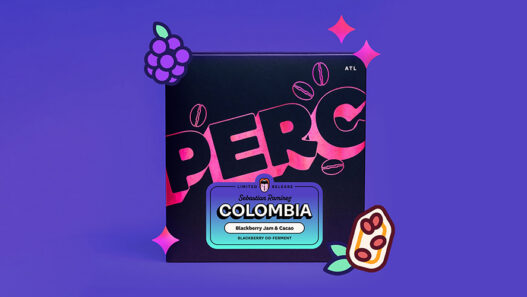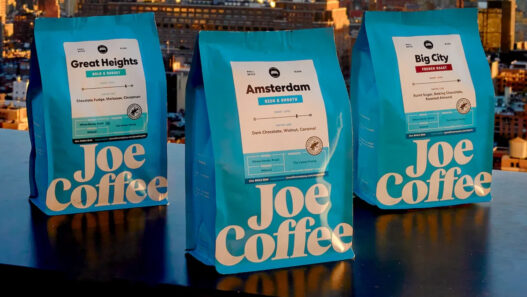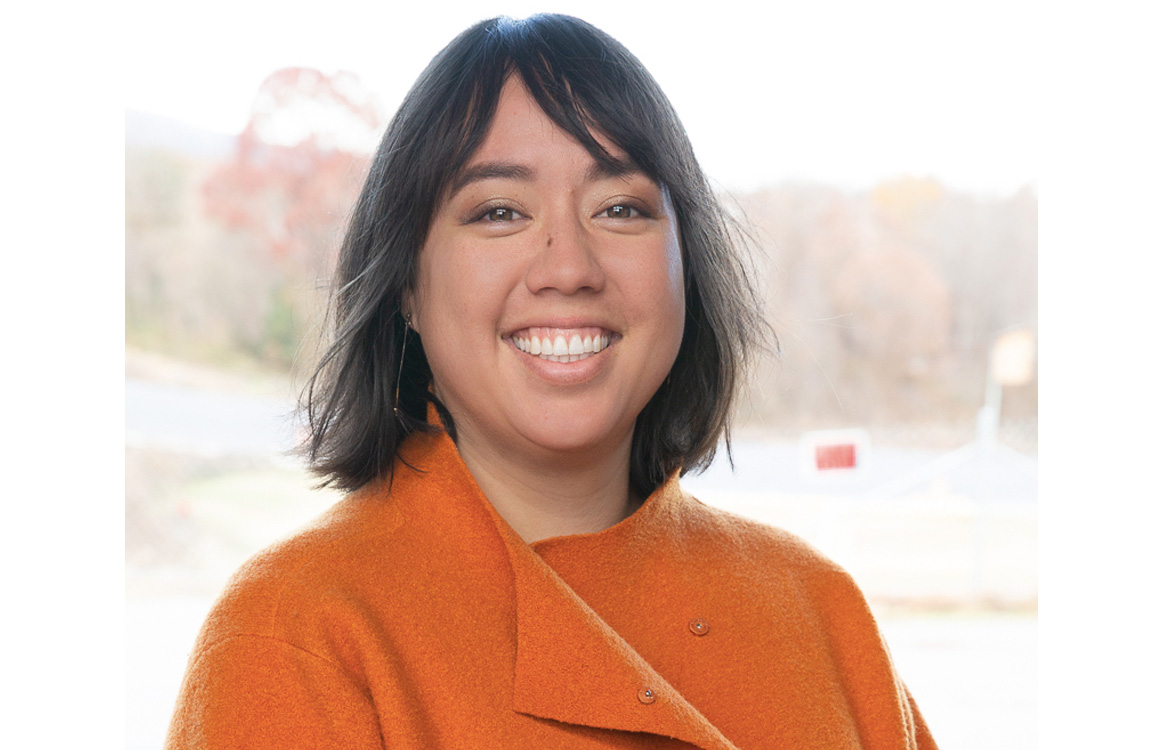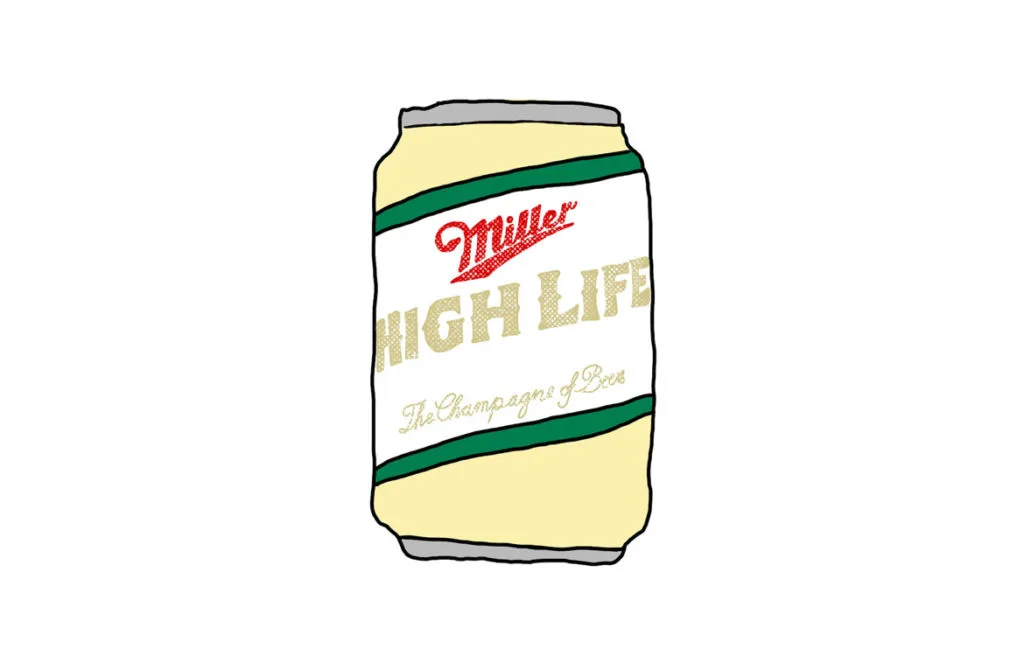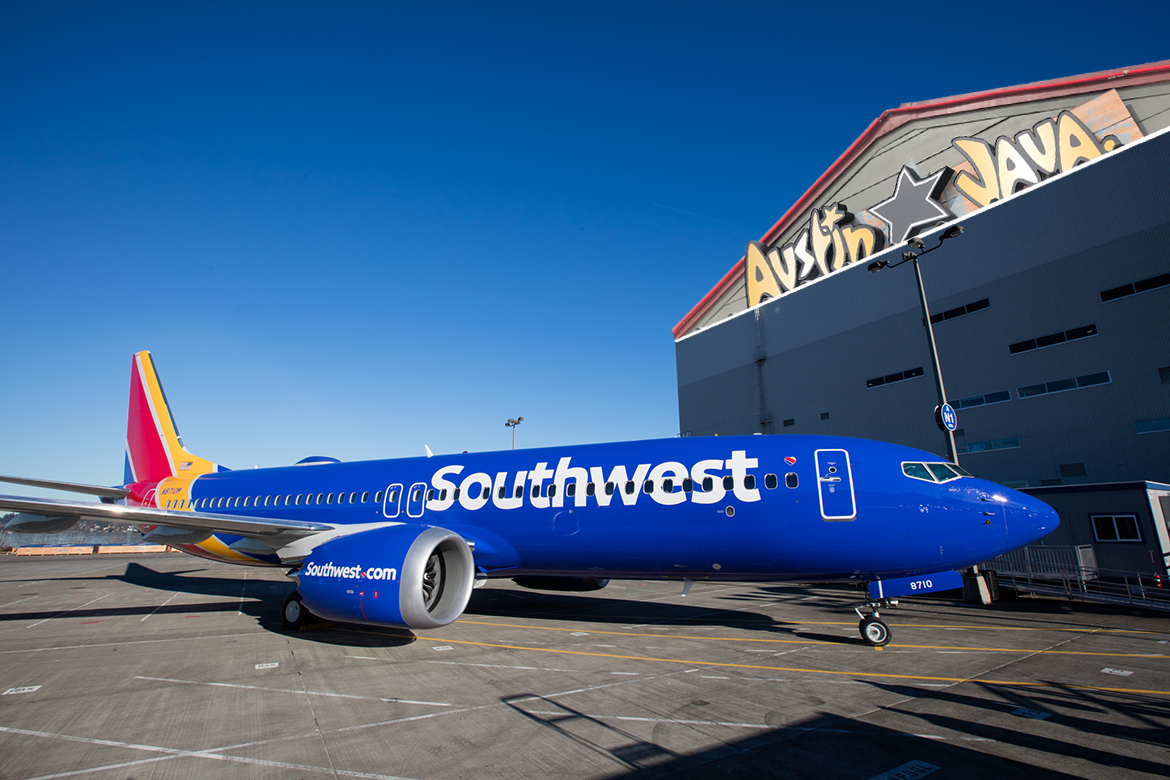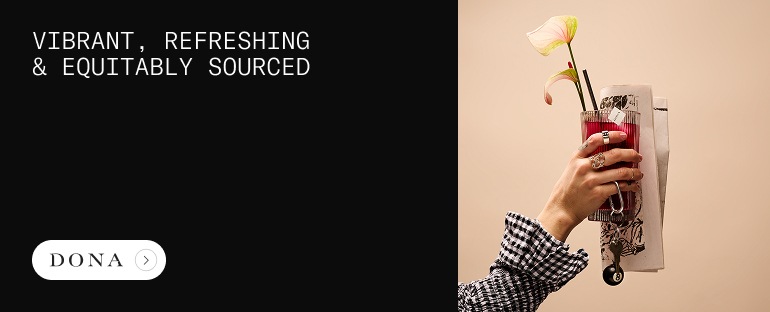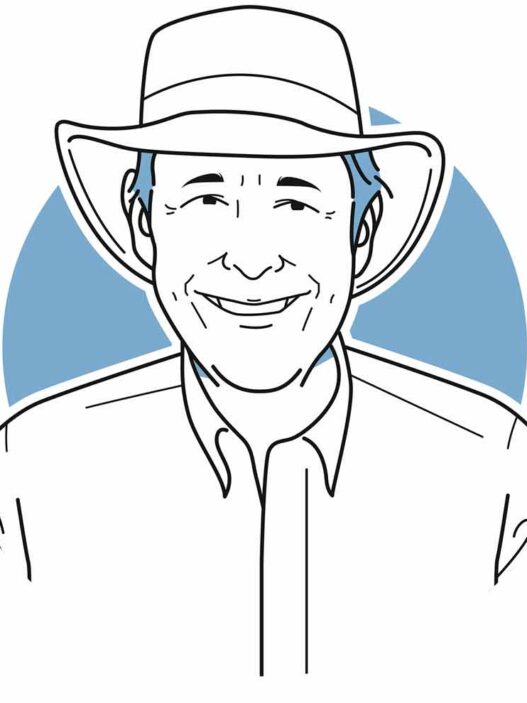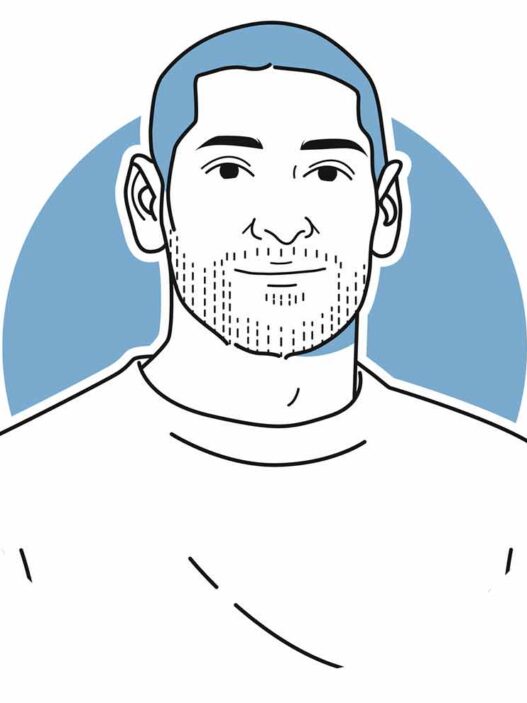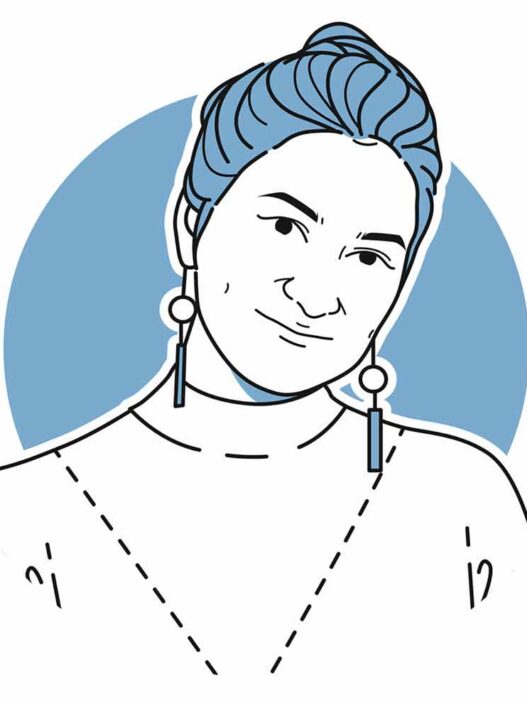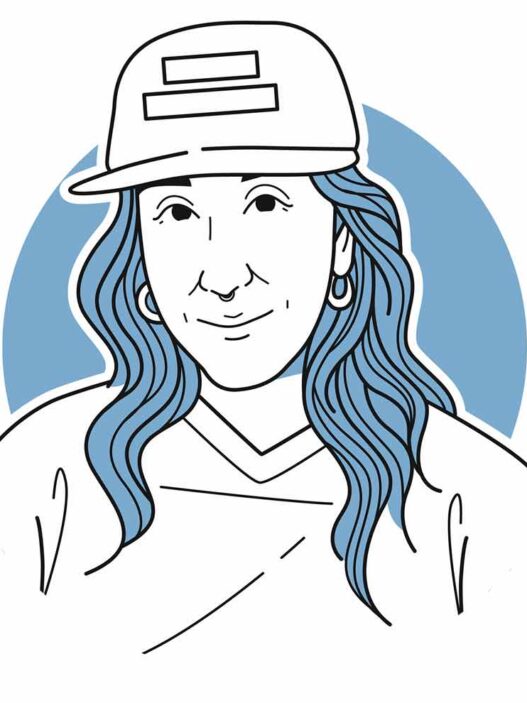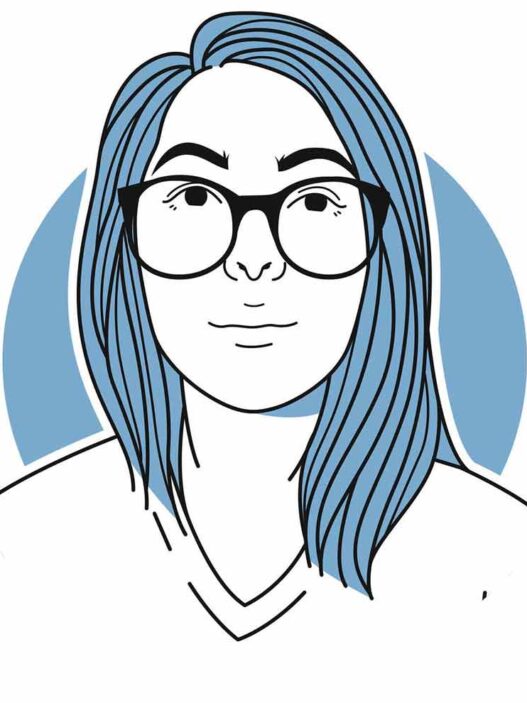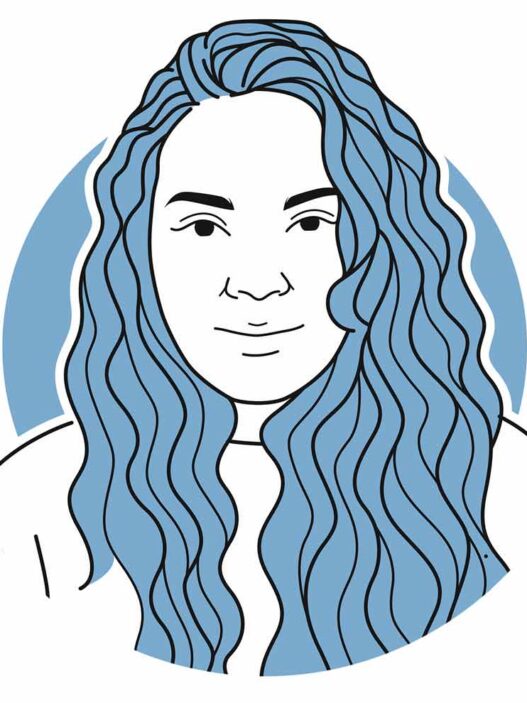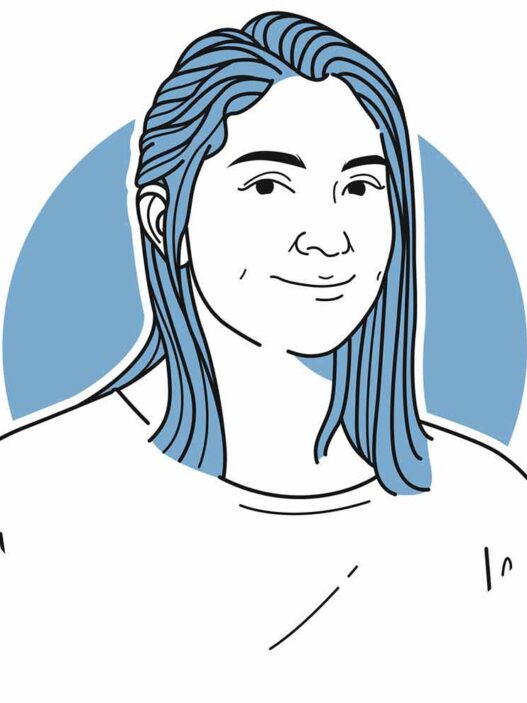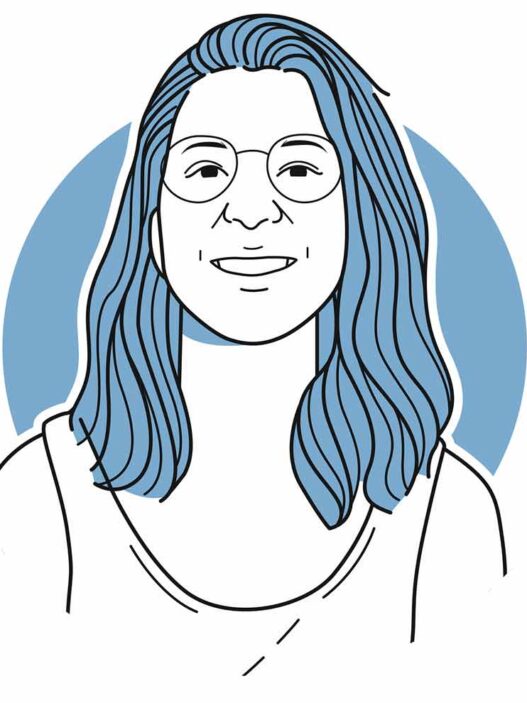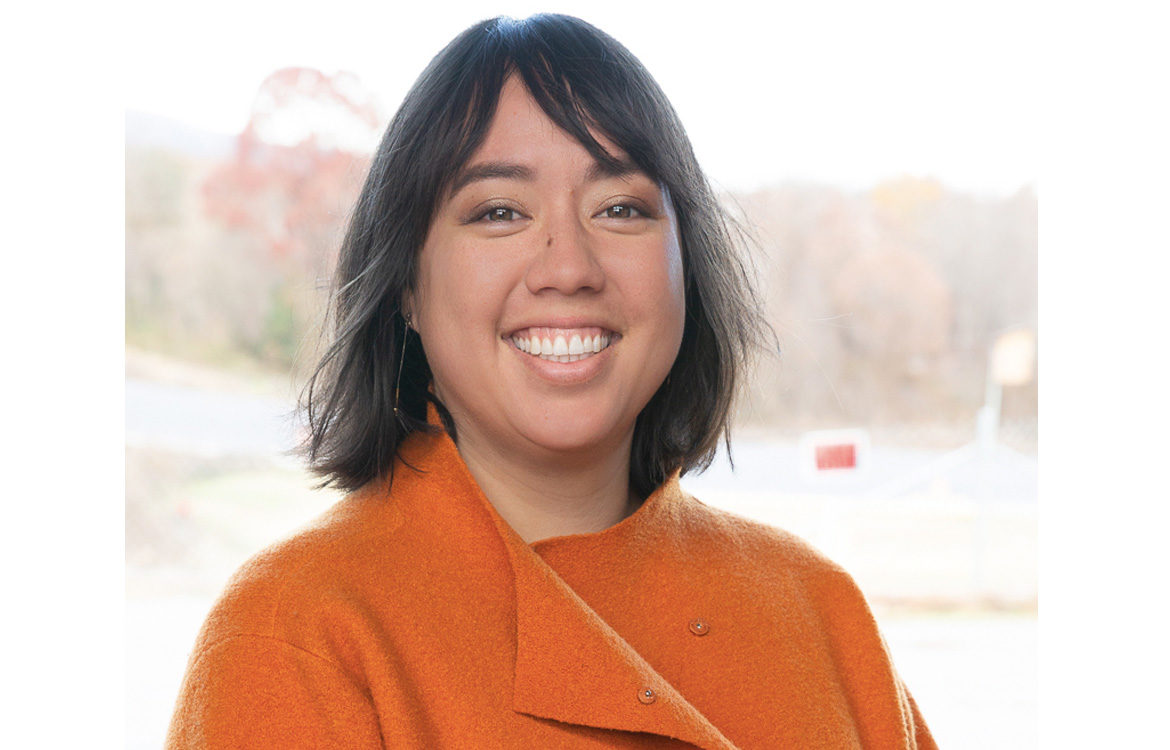
Our coverage of the Sprudge Twenty interviews presented by Pacific Barista Series continues this week on Sprudge. Read more about the Sprudge Twenty and see all of our interviews here.
Nominated by Diana Mnatsakanyan-Sapp
Sara Frinak is well-known to a generation of American coffee professionals as a tireless volunteer and supporter of coffee events, both regional in the American Southeast, and nationally through the Specialty Coffee Association’s USA competitions circuit. In addition, Frinak is an Accounts Manager with Ally Coffee, a green coffee trading company based in Greenville, SC. From the nominating essay by Sprudge Editorial Advisory Board member Diana Mnatsakanyan-Sapp:
Sara is someone who exemplifies kindness and support in the coffee industry. She never hesitates to help her coffee community, volunteering countless hours with the SCA and local organizations, spending her time and resources to empower young coffee professionals in the southeast and beyond. She is a community cheerleader, relentlessly positive and enthusiastic, treating the victories of others as her own.
What issue in coffee do you care about most?
If I had to pick one issue, it would be resource distribution, which isn’t even a coffee-specific issue, and is both delightfully large and daunting. I’ve noticed in my time there are rarely issues of true lack of information or lack of finances or lack of support, but instead clogs in the system that prevent these things from being shared with equity. So, I suppose I care most about finding and supporting ways for information to be distributed as respectfully and responsibly as possible. I’d like to see investing and sponsorship extended to underrepresented markets. I’d even settle for witnessing folks taking their free time and using it to support coworkers and community members. I suppose this isn’t a very neat or concise issue, but most conflicts I encounter could be avoided with better systems of sharing and of support.
What cause or element in coffee drives you?
I’m not sure if I have a larger cause that motivates me that I could articulate well, so I suppose I’d have to simply say it’s the people of this industry that drive me. It’s so cliche, isn’t it? It’s just I’ve found most of the people I enjoy in this industry are the people working too hard to ask for help or for recognition, and few things light a faster fire under you than that.
What issue in coffee do you think is critically overlooked?
Something overlooked or grossly misrepresented? The autonomy of the supply side of the supply chain. Producers and exporters and “at-origin operations” are businesses, and often businesses maintained by folks with plenty of experience and understanding. The philanthropic side of the industry is beautiful, but often distracts from the personhood of supply-side participants. There is an incredible amount of respect in treating representatives of these businesses as capable and informed, not as helpless, uneducated people. Often times the best way to ‘honor the producer’ is to commit to the prices they name, pay them on time, and roast their coffee well.
What is the quality you like best about coffee?
I love the connectivity of this industry. We can maintain active partnerships with people all the way across the world because of the nature of the supply chains with which we work. There’s so much to be gained from the type of exchange of information across consumer markets and producing markets.
Did you experience a “god shot” or life-changing moment of coffee revelation early in your career?
Is it bad to say no? I certainly had moments in which I was impressed by a coffee, or surprised by what I tasted, but never anything that could be categorized as a “god shot.” My life changing moment came as a volunteer at Expo, when I realized people thought less of me because I worked for an ambiguous specialty coffee shop in Alabama. We roasted the coffee dark and weren’t afraid to mix more than two flavors in a latte; we were from the South, and for some reason that meant we mattered less. The lack of compassion really stunned me. But I’ve always been told, if someone says they’re hungry, the best way to know they eat is to cook them something and feed them. For every dismissive person I met, there was someone being dismissed, so being an attentive presence became very important to me.
I don’t work in coffee because I tried an amazing coffee that changed my life. I work in coffee because enough people were mean to me about things that didn’t seem to matter all that much, and I decided that needed to change, even in a small way.
What is your idea of coffee happiness?
One shift way back when at my first coffee job immediately comes to mind. We had just successfully implemented a “Hawaiian shirt Friday discount” where folks could get $0.25 off their drink if they wore a Hawaiian shirt into the store. I had a regular sitting at the counter, drinking his coffee, and telling us about the time he hitchhiked from South Florida to Alabama. I was dialing in the espresso for the day, and we had found the perfect Pandora station to play for our shift (I don’t even remember the station). It was a perfect combination of being with good people, drinking and thinking about coffee, and having a good time. It’s not a concise idea, but it’s what I think of.
If you could have any job in the coffee industry, what would it be and why?
As predictable as it sounds, I already have the only job I’ve ever wanted in this industry. I’ve always wanted to work with green coffee and supply-side logistics. Coming from a background of small, independent businesses means I am very aware of the things we could never afford. Now I get to help businesses access great coffees, sustainable partnerships, and whatever information they need—no matter the budget, no matter the business size. I don’t know if I’d do anything else in this industry besides what I do now.
Who are your coffee heroes?
Can I list them? I’m going to list them:
– Carllee Curran: because I have never witnessed someone maintain such fierce compassion, empathy, and fairness than her, especially in the face of the nightmare of coffee competitions in the US. She works so hard, and maintains such patience. She represents the type of character I want to have as a member of this industry: forward thinking, practical, fair, and compassionate.
– Sarah Barnett Gill: There are few people I respect more than this woman. She not only put up with me when I was an irritating little shithead, but also empowered me to learn about the industry and develop skill sets. She taught me how to roast coffee and taught me how to manage a cafe. She built a business out of thin air and entrusted me with a piece of it. Sarah is the leader I aspire to be, and our industry could learn so much from how she serves her staff and her customers.
– Ildi Revi: I feel like I only have to say her name and everyone will just sigh and say “oh yes, well of course.” Ildi is perseverance and endurance. No one supports people the way she does. She is one of the smartest people you’ll ever meet, and she uses that intelligence to empower other people to have a better understanding of their role in our industry. We owe so much to the hard work she’s put in.
If you could drink coffee with anyone, living or dead, who would it be and why?
I know I’m supposed to name someone famous to impress people, but I really would only want to sit down and have a coffee with my friends Harry, Joey, and Trevi. We all used to work together in Alabama and have moved away from each other, but talk on the phone all the time. If I could pick anyone to share that kind of a moment with, it’d definitely be them.
If you didn’t get bit by the coffee bug, what do you think you’d be doing instead?
There was a time in my life where I thought I’d be a professional swimmer, so maybe that. If I ever leave coffee it’d be to work for or run an urban farm, because people have to eat and they should eat good food.
Do you have any coffee mentors?
They’re my coffee heroes (listed above). I might argue with them, but I’d do just about anything they told me to do
What do you wish someone would’ve told you when you were first starting out in coffee?
Success is not one-size-fits-all. Hospitality is more about meeting people where they’re at than it is about serving espressos with sparkling water on the side. You should fight for equity and not equality, even if one is harder to defend than the other.
Name three coffee apparatuses you’d take into space with you.
I would honestly probably just bring an auto-drip machine, a cup, and pre-ground coffee. I’d be in space! I’d probably be too busy eating astronaut ice cream to make a pour-over.
Best song to brew coffee to:
“Africa” by Toto or “Tu Amor Hace Bien” by Marc Anthony. I don’t make the rules, that’s just what I’d choose.
Look into the crystal ball—where do you see yourself in 20 years?
Hopefully outside in the sunshine.
What’d you eat for breakfast this morning?
Noodle soup.
When did you last drink coffee?
This morning.
What was it?
House coffee at Waffle House.
Thank you.
The Sprudge Twenty is presented by Pacific Barista Series. For a complete list of 2019 Sprudge Twenty honorees please visit sprudge.com/twenty
Zachary Carlsen is a co-founder and editor at Sprudge Media Network. Read more Zachary Carlsen on Sprudge.




